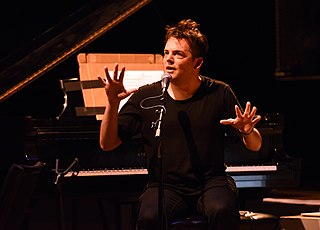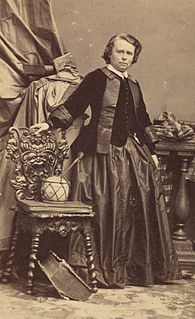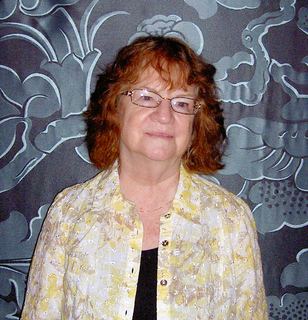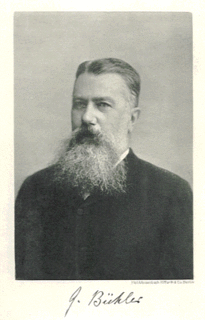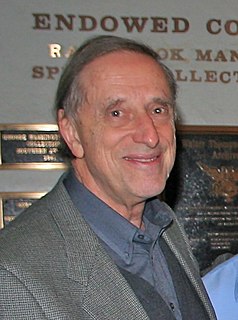A Quote by Carlos Fuentes
Writing requires the concentration of the writer, demands that nothing else be done except that.
Related Quotes
The Law requires much, but offers no help in the carrying out of its requirements. The Lord Jesus requires just as much, yea even more (Matt. 5:21-48), but what he requires from us he himself carries out in us. The law makes demands and leaves us helpless to fulfill them; Christ makes demands, but he himself fulfills in us the very demands he makes.
But the writer who endures and keeps working will finally know that writing the book was something hard and glorious, for at the desk a writer must try to be free of prejudice, meanness of spirit, pettiness, and hatred; strive to be a better human being than the writer normally is, and to do this through concentration on a single word, and then another, and another. This is splendid work, as worthy and demanding as any, and the will and resilience to do it are good for the writer's soul.
The process of writing can be a powerful tool for self-discovery. Writing demands self-knowledge; it forces the writer to become a student of human nature, to pay attention to his experience, to understand the nature of experience itself. By delving into raw experience and distilling it into a work of art, the writer is engaging in the heart and soul of philosophy - making sense out of life.
Torture presupposes, it requires, it craves the abrogation of our capacity to imagine others suffering, dehumanizing them so much that their pain is not our pain. It demands this of the torturer, placing the victim outside and beyond any form of compassion or empathy, but also demands of everyone else the same distancing, the same numbness.
Not all activities are equal in this regard. Those that involve genuine concentration—studying a musical instrument, playing board games, reading, and dancing—are associated with a lower risk for dementia. Dancing, which requires learning new moves, is both physically and mentally challenging and requires much concentration. Less intense activities, such as bowling, babysitting, and golfing, are not associated with a reduced incidence of Alzheimer’s. (254)


